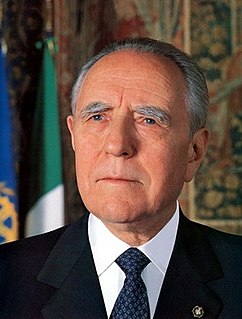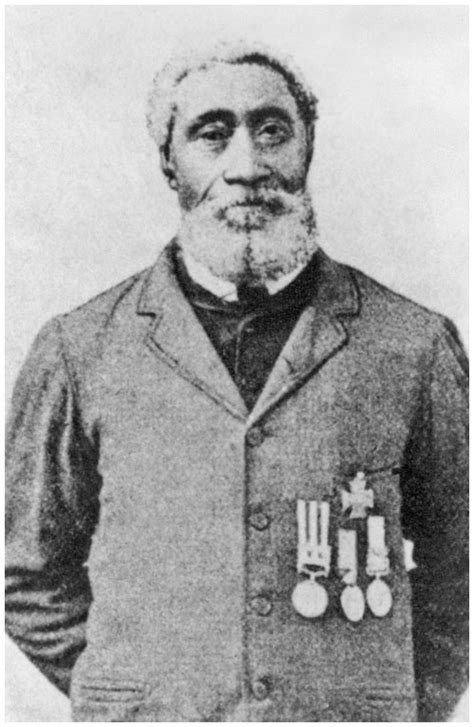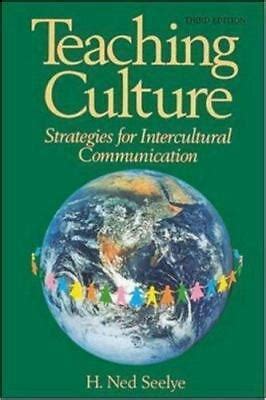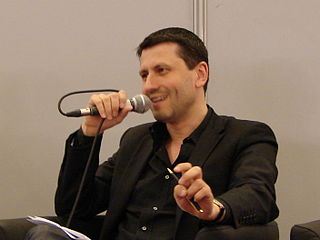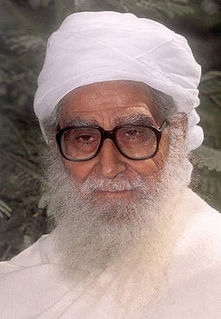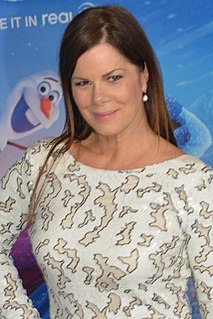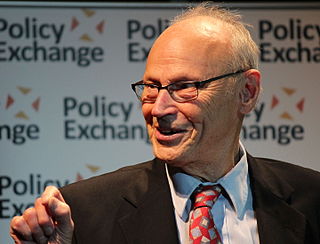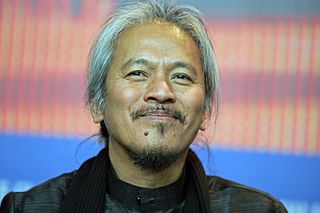Top 1200 Cultural Differences Quotes & Sayings - Page 3
Explore popular Cultural Differences quotes.
Last updated on April 16, 2025.
As we progress along the intercultural journey, we become self-reflective about habits of heart and mind and the ways these are expressed in daily life. We develop strategies for encountering change, unfamiliarity and ambiguity in creative ways. We begin to realize that what is taken, as "common sense" is really "cultural sense". Our life becomes richer and deeper for having encountered differences.
Cultural diversity and cultural change are desirable and inevitable. We are cultural animals, someone without a culture is not human. But the cultures we possess vary enormously. Indeed, the variability, over time and space is the great evolutionary advantage of humanity. Instead of changing biologically over millennia, human beings can change culturally over decades
Most of our life is miscommunication, and when you add a language barrier to it, it just becomes total mayhem and confusion... It just adds to it with all of the cultural differences. It could be an American family meeting another American family and you could still have a total clash. With family, it's like visiting another planet.
Europe has lived on its contradictions, flourished on its differences, and, constantly transcending itself thereby, has created a civilization on which the whole world depends even when rejecting it. This is why I do not believe in a Europe unified under the weight of an ideology or of a technocracy that overlooked these differences.
For the church is not a human society of people united by their natural affinities but the Body of Christ, in which all members, however different, (and He rejoices in their differences and by no means wishes to iron them out) must share the common life, complementing and helping one another precisely by their differences.
In order to survive, a plurality of true communities would require not egalitarianism and tolerance but knowledge, an understanding of the necessity of local differences, and respect. Respect, I think, always implies imagination - the ability to see one another, across our inevitable differences, as living souls.
What I learned about them, I liked. But it also seemed that the liberal line was not entirely correct, for it was obvious that racial differences went far beyond skin color. It would be difficult to categorize all the distinctions I noticed. In fact, I made no effort to catalogue them at the time, but their differences ranged all the way from physical characteristics to more subtle differences such as extreme aversion for work in cold weather. On cold days, when I felt invigorated, my black co-workers seemed lethargic.
The family is both a biological and a cultural group. It is biologic in sense that it is the best arrangement for begetting children and protecting them while they are dependent. It is a cultural group because it brings into intimate association persons of different age and sex who renew and reshape the folkways of the society into which they are born. The household serves as a "cultural workshop" for the transmission of old traditions and for the creation of new social values.
There's going to be biological differences between the genders. There's going to be biological differences between two women or two men. There's biological differences between all of us. My concern is, why are we so concerned about it? Why are we so worried about it? Why, whenever a study comes out about men do this one way and women do this one way, or men's brains and women's brains - why are we so interested in that? You know, what makes us so fascinated by differences between the sexes? And I think more often than not that interest is deeply embedded in sexism.
Regarded anatomically, the resemblances between the foot of Man and the foot of the Gorilla are far more striking and important than the differences... be the differences between the hand and foot of Man and those of the Gorilla what they may the differences between those of the Gorilla and those of the lower Apes are much greater.






